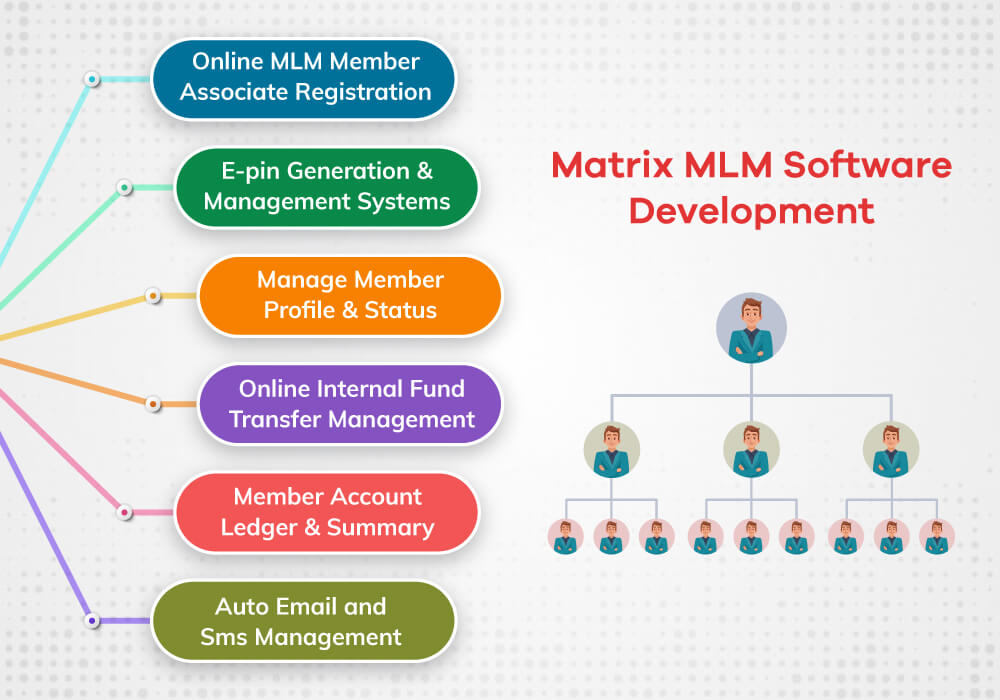
How Many IT Companies in Bangalore? A Comprehensive Analysis of India's Silicon Valley
Bangalore, often referred to as the "Silicon Valley of India," is a hub of innovation and technology. The city is home to a vast number of IT companies, ranging from startups to multinational giants. In this article, we delve deep into the IT landscape of Bangalore, providing a comprehensive overview of how many IT companies operate in this bustling city and what makes it the preferred destination for tech enterprises.
The Rise of Bangalore as an IT Hub
Bangalore's transformation into an IT powerhouse began in the late 1980s and early 1990s when the Indian government liberalized the economy, paving the way for foreign investments and technological advancements. The city's favorable climate, skilled workforce, and proactive government policies attracted several multinational companies, setting the stage for Bangalore's emergence as a global IT hub.
Today, Bangalore is synonymous with information technology. It houses the headquarters of many of India's top IT firms and serves as the base for numerous global tech companies. But just how many IT companies call Bangalore home? Let's explore the numbers.
Breaking Down the Numbers: IT Companies in Bangalore
Estimating the exact number of IT companies in Bangalore is challenging due to the dynamic nature of the industry. However, it is widely accepted that the city is home to over 10,000 IT companies. These include a mix of large multinational corporations, mid-sized enterprises, and a thriving ecosystem of startups.
Multinational IT Giants
Bangalore hosts the Indian headquarters of several global IT giants, including Infosys, Wipro, Tata Consultancy Services (TCS), Cognizant, and IBM. These companies are not just the backbone of India's IT sector but also play a crucial role in driving innovation and technological advancements worldwide.
Infosys and Wipro, both headquartered in Bangalore, are among the top IT service providers globally. They have been instrumental in putting India on the global IT map. TCS, although headquartered in Mumbai, has a significant presence in Bangalore, employing thousands of IT professionals.
Indian IT Pioneers
Apart from the multinationals, Bangalore is also home to several Indian IT pioneers. Companies like Mindtree, Mphasis, and HCL Technologies have established a strong foothold in the city. These companies have contributed significantly to the growth of India's IT industry and continue to drive innovation in various domains, including software development, IT services, and digital transformation.
The Startup Ecosystem
Bangalore's startup ecosystem is one of the most vibrant in the world. The city is often referred to as the "Startup Capital of India", with over 7,000 startups operating in the technology space. These startups cover a wide range of industries, including fintech, healthtech, edtech, and e-commerce.
Some of the most successful startups that originated in Bangalore include Flipkart, Swiggy, Ola, and Zomato. These companies have not only revolutionized their respective industries but have also created thousands of jobs, further cementing Bangalore's position as a leading IT hub.
Why Bangalore? Factors Contributing to the City's IT Dominance
Several factors contribute to Bangalore's dominance as an IT hub. Understanding these factors can provide insights into why so many IT companies choose to establish their operations in this city.
Skilled Workforce
Bangalore is home to some of India's premier educational institutions, including the Indian Institute of Science (IISc), Indian Institute of Management Bangalore (IIMB), and several top engineering colleges like RV College of Engineering and BMS College of Engineering. These institutions produce a steady stream of highly skilled professionals who are well-equipped to meet the demands of the IT industry.
Moreover, the city's cosmopolitan culture and attractive job opportunities draw talent from across the country, ensuring a continuous supply of qualified professionals.
Favorable Government Policies
The Karnataka government has played a pivotal role in fostering the growth of the IT industry in Bangalore. Policies such as the Karnataka Information Technology Policy and initiatives like Bangalore Bioinnovation Centre and K-tech Innovation Hub have provided the necessary infrastructure and support for IT companies to thrive.
Additionally, the presence of technology parks like Electronics City and Whitefield offers state-of-the-art facilities for IT companies, making it easier for them to set up and expand their operations.
Cost Advantages
Compared to other global tech hubs, Bangalore offers significant cost advantages. The cost of living, office space, and salaries in Bangalore are relatively lower than in cities like San Francisco, London, or Tokyo. This cost efficiency allows companies to operate more economically while maintaining high standards of innovation and service delivery.
The Future of IT in Bangalore
The future of Bangalore's IT industry looks promising. With the rise of technologies such as artificial intelligence, machine learning, blockchain, and the Internet of Things (IoT), Bangalore is poised to lead the next wave of technological advancements. The city's thriving startup ecosystem, coupled with the presence of global IT giants, ensures that Bangalore will continue to be at the forefront of innovation.
Moreover, the government's focus on developing infrastructure and promoting digital literacy is likely to attract even more IT companies to the city. Initiatives like Digital India and Startup India further enhance Bangalore's appeal as a global IT destination.
Conclusion: Bangalore – The Unrivaled IT Capital of India
In conclusion, Bangalore's IT landscape is vast and dynamic, with over 10,000 IT companies contributing to its reputation as the "Silicon Valley of India." The city's skilled workforce, favorable government policies, and cost advantages make it an ideal location for IT companies to thrive. As Bangalore continues to evolve and embrace new technologies, it is set to remain an unrivaled IT capital not just in India, but globally.
 React Native & Flutter App Development Company in India | Oprezo India Pvt. Ltd.
React Native & Flutter App Development Company in India | Oprezo India Pvt. Ltd.
 Mobile App Development Services in India | Android, iOS, Kotlin, Swift, Hybrid, eCommerce Apps
Mobile App Development Services in India | Android, iOS, Kotlin, Swift, Hybrid, eCommerce Apps
 Web Development & Frontend Design Services in India | Oprezo India Pvt Ltd
Web Development & Frontend Design Services in India | Oprezo India Pvt Ltd
 CRM & MLM Software Development Company in India | Oprezo India Pvt. Ltd.
CRM & MLM Software Development Company in India | Oprezo India Pvt. Ltd.
 Matka App Development Company in India | Satta App Maker Services
Matka App Development Company in India | Satta App Maker Services